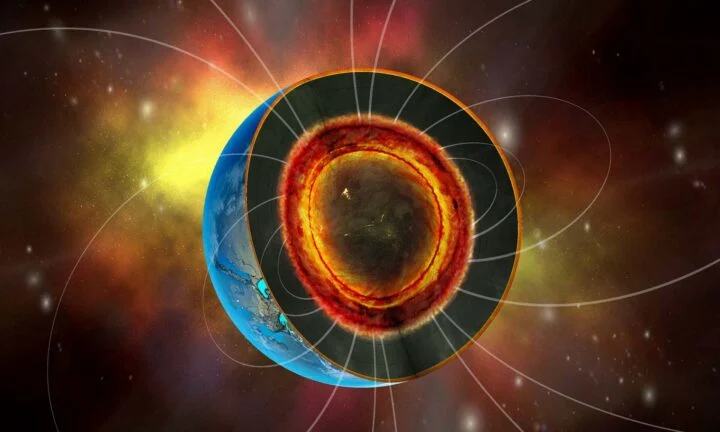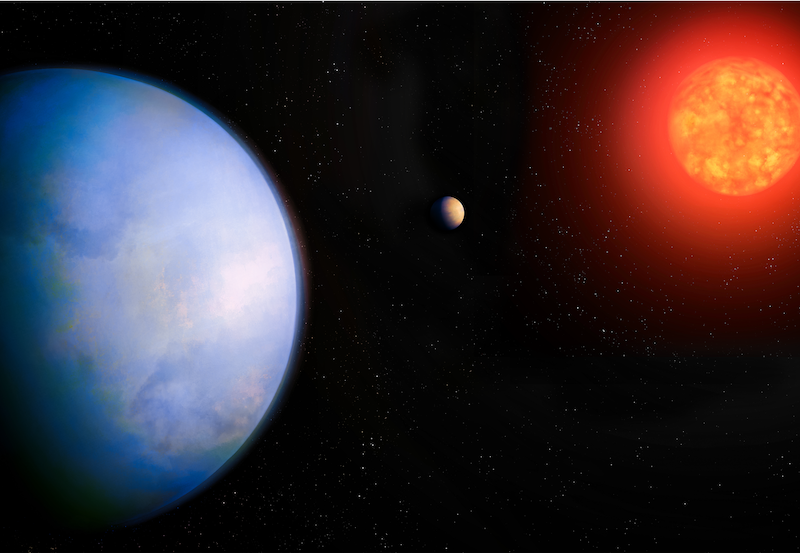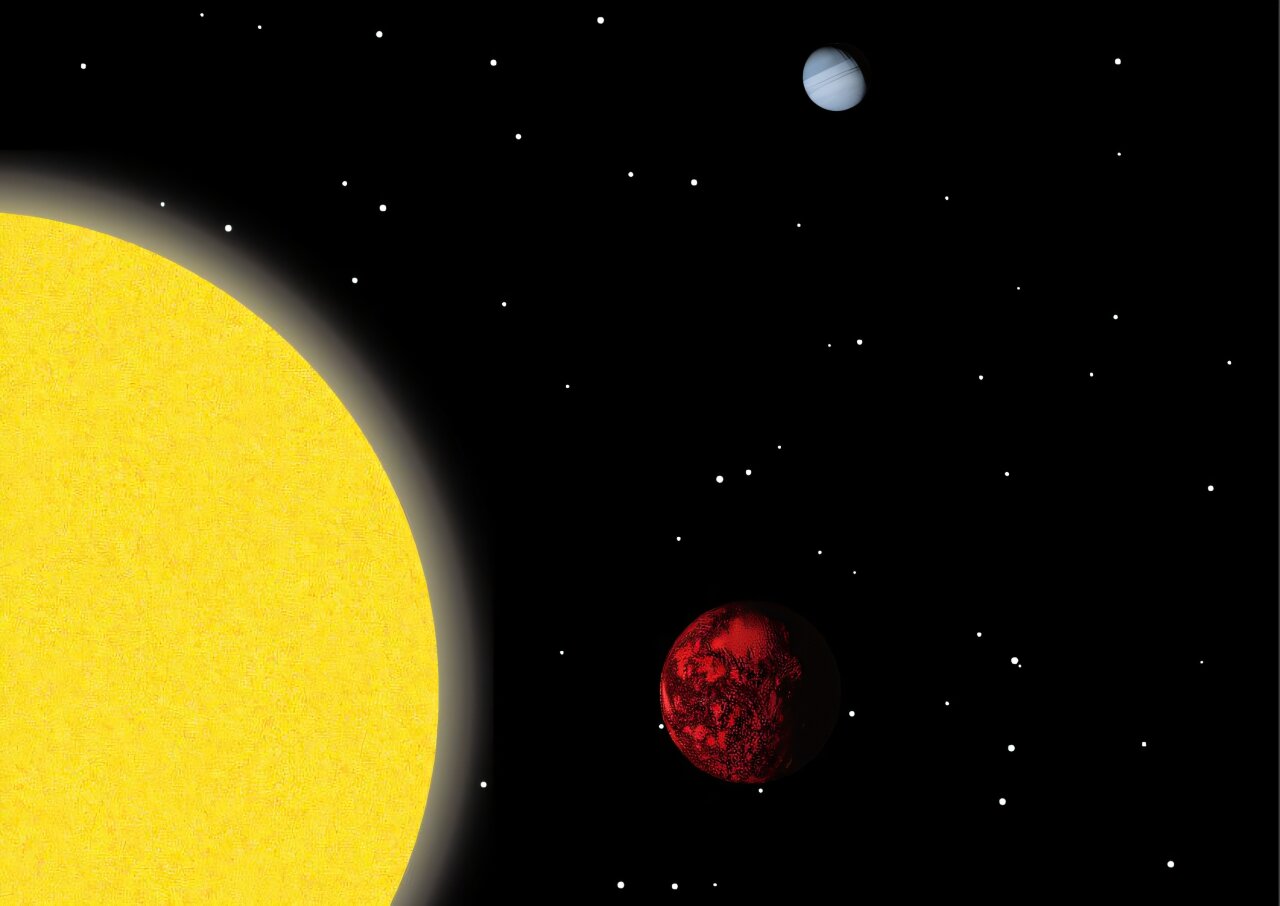
Deep beneath the surface of super-earths, oceans of molten rock may be doing something extraordinary: powering magnetic fields strong enough to shield entire planets from dangerous cosmic radiation.

Astronomers have discovered another potentially habitable exoplanet orbiting a nearby star. The planet – GJ 251 c – is in the habitable zone of its red dwarf star.

Earth-like exoplanets might be more common throughout the Milky Way than previously believed, astronomers report in a new study.

An international team has discovered a new multi-planet system around a sun-like star, including an ultra-short period planet with one of the highest densities ever measured.

A “super-Earth” ripe for further investigation orbits a small, reddish star that is, by astronomical standards, fairly close to us – only 137 light-years away.

The planet, nearly 10 times Earth’s mass, orbits a small, red-orange star about 200 light-years away. This planet is extremely hot, with an estimated temperature of 1,050 Celsius.

The astronomers underlined that the star, these planets are orbiting is the second-coolest star found to host planets after TRAPPIST-1. They added that their finding is the second-most favorable habitable-zone terrestrial planet known so far.

It's called TOI-1452b, and measurements of its size and mass suggest a density profile consistent with a global liquid ocean. An exoplanet is just 100 light-years from Earth

Two new worlds of probable rocky mineral goodness have just been found orbiting a star close to our own cosmic neighborhood.

Scientists have discovered a Super-Earth that is four times the mass of our planet and takes just 10.8 days to complete a whole year.

Researchers report the discovery of a super-Earth orbiting the star GJ 740, a red dwarf star situated some 36 light years from Earth. Its mass is around 3 times the mass of Earth.

According to new study, an extrasolar planet orbiting Barnard’s star, an M-type (red dwarf), that is just 6 light years away could actually support life, assuming the planet experiences enhanced geothermal activity.

Studying two decades of data on Barnard’s Star, astronomers have found a rocky super-Earth with a mass of at least 2.3 times that of Earth that orbits the star every 233 days or so.

NASA's TESS, made an early discovery of "super-Earth" and "hot Earth" planets in solar systems at least 49 light-years away, marking the satellite's first discovery since its April launch.

The Instituto de Astrofísica de Canarias (IAC) and the University of Oviedo present today the discovery of two new planetary systems, one of them hosting three planets the same size as the Earth.